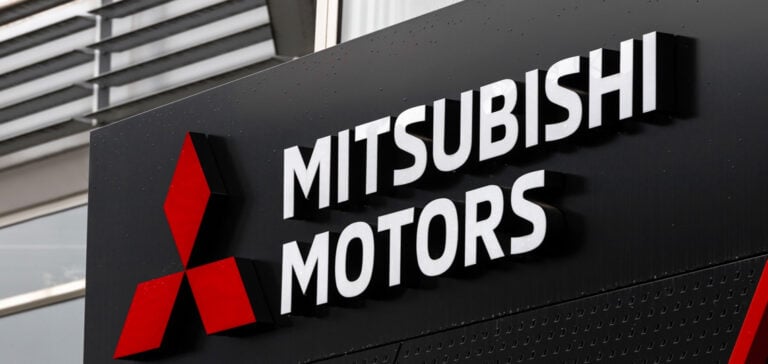Mitsubishi Motors invests up to 200 million euros in Ampere. This is the electrical division of its French partner Renault. Then it gave up production in China, where sales had collapsed.
Electric Mobility Sector
With its investment in Ampere, Mitsubishi Motors wants to “continue to improve the development of its electric technologies. At the same time, it wants to expand its range of vehicles” in this segment, it explained in a press release.
Production shutdown in China
As a sign of its delay in the electric sector, the Group announced later on Tuesday that it would be definitively halting production in China. This had already been suspended in March, in view of its increasingly precarious position in the market. Mitsubishi Motors’ sales in China have plummeted in recent years. This is due to profound changes in the local automotive market, which is increasingly dominated by local brands and very much focused on electric vehicles.
Implications for the automotive industry
Mitsubishi Motors forecasts an extraordinary loss of 24.3 billion yen (152.6 million euros) for its 2023/24 fiscal year. However, it does not anticipate any impact on its annual forecasts at this stage, as this loss has already been anticipated “to some degree.” The company will also transfer its stake in the joint venture to its Chinese partner GAC.
Partnership with Nissan
Nissan, Renault’s other Japanese partner, planned in July to invest up to 600 million euros in Ampere, a lower commitment than the French group had initially hoped for. Ampere, which is due to go public next year, could achieve a valuation of 8 to 10 billion euros, Renault CEO Luca de Meo told the Financial Times in early September. The new company will bring together Renault’s electrical activities and employ 10,000 people in France. In particular, it will produce the electric Mégane, as well as the future electric Renault 5, Renault 4 and Scénic, in the Hauts-de-France region.
Nissan’s investment in Ampere was one of the points of the new framework agreement. The new pact also includes an eventual rebalancing of cross-shareholdings between Renault and Nissan, to 15% each of the other’s capital. The French group currently owns 43.4% of the Japanese company, while Renault owns only 15%. This imbalance had been a recurring source of tension between the two groups in the past. They had come to a head with the spectacular ouster of alliance boss Carlos Ghosn in late 2018, who was arrested in Japan for alleged financial malfeasance and fled a year later to Lebanon. The Renault-Nissan-Mitsubishi Motors Alliance is now more flexible, with its members no longer forbidding each other from collaborating with third-party manufacturers, as Renault does with China’s Geely. At the end of September, Renault also announced the dissolution by the end of this year of the three manufacturers’ central purchasing group, which was the basis of the previous version of their alliance.






















